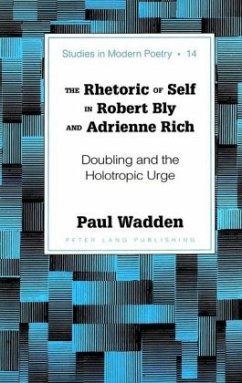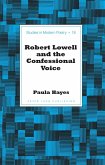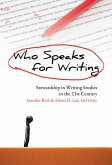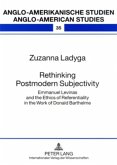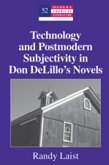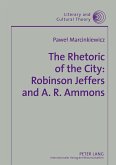This book pushes beyond modern/postmodern dichotomies to show how Robert Bly and Adrienne Rich, two of America's most prominent poets, engage in a process that is both dialectic and holotropic as they continually create - through doubling - fuller and more fluid self-identity. Ultimately, their use of alter-selves to deepen their subjectivity and transform otherness expands their voice and vision, culminating late in their careers in a polyphony of self. Bridging literary scholarship and writing pedagogy, this book concludes by illustrating how the two poets' writing practices offer invigorating models and departure points for writing students in contemporary literature and composition classrooms.
"Paul Wadden reinstates the value of poetry at a moment when our best critical consciences have rejected notions of private subjectivity and social agency. Amid an increasingly aggressive language of imperialism and moral certitude, the poetry of Robert Bly and Adrienne Rich becomes instrumental in negotiating the interplay between the emancipation of Romantic subjectivity and the resistance to received systems of meaning. Wadden's dialogical approach in 'The Rhetoric of Self' unsettles received ontologies in order to discover catalysts for action in a lyric journey in which both poet and reader resist the imposition of discursive order and instead engage in a purposive interrogation and negotiated shaping of the 'real'.
Through thematically contoured close readings of the notion of doubling in the poetry of Bly and Rich, Wadden skillfully reveals the necessity for perpetual questioning and vigorous unrest that both these poets put to work in their social interventions and (re)constructions. Their poetry facilitates recognition of the dissonance and resistance inherent in social prescriptions of politics, sexuality, and hegemony.
Wadden's lucid readings present opportunities for approaching poetry by reinvigorating, and at times refusing, traditional notions about poets and poetry, agency and culture. And his pedagogical application of poetry to composition in the final chapter provides writing students with insightful strategies for vitalizing linguistic responsibility in the scrupulous investigation of what Wadden calls 'the tension between inheritance and initiative'." (Victoria Frenkel Harris, author of 'The Incorporative Consciousness of Robert Bly')
Through thematically contoured close readings of the notion of doubling in the poetry of Bly and Rich, Wadden skillfully reveals the necessity for perpetual questioning and vigorous unrest that both these poets put to work in their social interventions and (re)constructions. Their poetry facilitates recognition of the dissonance and resistance inherent in social prescriptions of politics, sexuality, and hegemony.
Wadden's lucid readings present opportunities for approaching poetry by reinvigorating, and at times refusing, traditional notions about poets and poetry, agency and culture. And his pedagogical application of poetry to composition in the final chapter provides writing students with insightful strategies for vitalizing linguistic responsibility in the scrupulous investigation of what Wadden calls 'the tension between inheritance and initiative'." (Victoria Frenkel Harris, author of 'The Incorporative Consciousness of Robert Bly')
